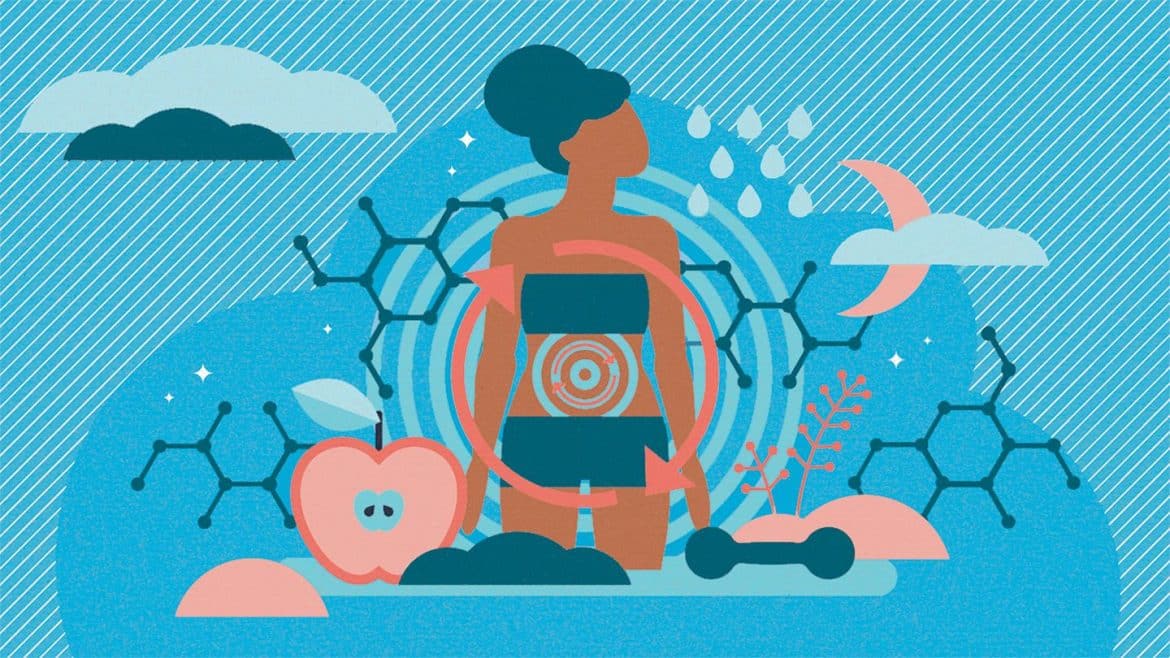Weight loss programs have long been recognized as effective tools to achieve and maintain a healthy weight. However, their benefits extend far beyond simply shedding pounds. These medical weight loss programs offer a holistic approach to well-being, addressing physical health and mental, emotional, and social aspects. In this article, you will explore how weight loss programs contribute to overall well-being, from improving physical fitness to boosting self-confidence and quality of life.
Promoting Physical Health
One of the benefits of these weight loss programs is their positive impact on physical health. By helping individuals maintain a healthy weight, these programs reduce the risk of obesity-related conditions such as diabetes, heart disease, and stroke.
Additionally, weight loss can alleviate joint pain, improve mobility, and enhance overall physical fitness. Through dietary modifications, regular exercise, and lifestyle changes, weight loss programs empower people to take control of their health and reduce their risk of chronic diseases.
Boosting Mental and Emotional Well-being
In addition to promoting physical health, weight loss programs can significantly benefit mental and emotional well-being. Losing weight often improves mood, self-esteem, and body image, positively impacting overall quality of life.
Moreover, regular exercise releases endorphins, neurotransmitters that promote happiness and reduce stress and anxiety. By incorporating stress management techniques, mindfulness practices, and behavioral therapy into their programs, weight loss programs address the psychological aspects of weight management, supporting individuals in achieving holistic well-being.
Enhancing Self-confidence and Body Image

This boost in self-confidence can spill over into other areas of life, leading to greater assertiveness, motivation, and resilience. Moreover, by promoting a positive relationship with food and exercise, weight loss programs help individuals develop a healthier attitude towards their bodies, fostering self-acceptance and body positivity.
Improving Quality of Life
Perhaps one of the most significant benefits of weight loss programs is their ability to improve overall quality of life. Excess weight can take a toll on various aspects of daily life, from physical discomfort and reduced mobility to limitations in social activities and relationships.
By helping individuals achieve a healthy weight, weight loss programs alleviate these burdens and enable individuals to live life to the fullest. Whether participating in activities they enjoy, spending quality time with loved ones, or pursuing personal and professional goals, weight loss programs empower individuals to reclaim their lives and embrace new opportunities.
Fostering Long-term Habits for Success
One of the prime principles of effective weight loss programs is their focus on fostering long-term habits for success. Rather than promoting short-term or quick fixes, these programs emphasize sustainable lifestyle changes individuals can maintain over the long term.
By teaching healthy eating habits, promoting regular physical activity, and providing ongoing support and accountability, weight loss programs equip individuals with the skills and knowledge they need to succeed beyond the program itself. This focus on long-term behavior changes facilitates weight loss and promotes lifelong well-being and vitality.
Conclusion
In conclusion, weight loss programs offer a multitude of benefits that extend beyond simply shedding pounds. From promoting physical health and mental well-being to boosting self-confidence and quality of life, these programs address the needs of individuals seeking to improve their health and well-being.
Whether through medical weight loss programs supervised by healthcare professionals or community-based programs offering group support and accountability, individuals have access to various resources and approaches to support their weight loss journey and enhance their overall well-being.
When it comes to unlocking the benefits of weight loss programs, their holistic approach plays a crucial role in achieving lasting health and vitality.



